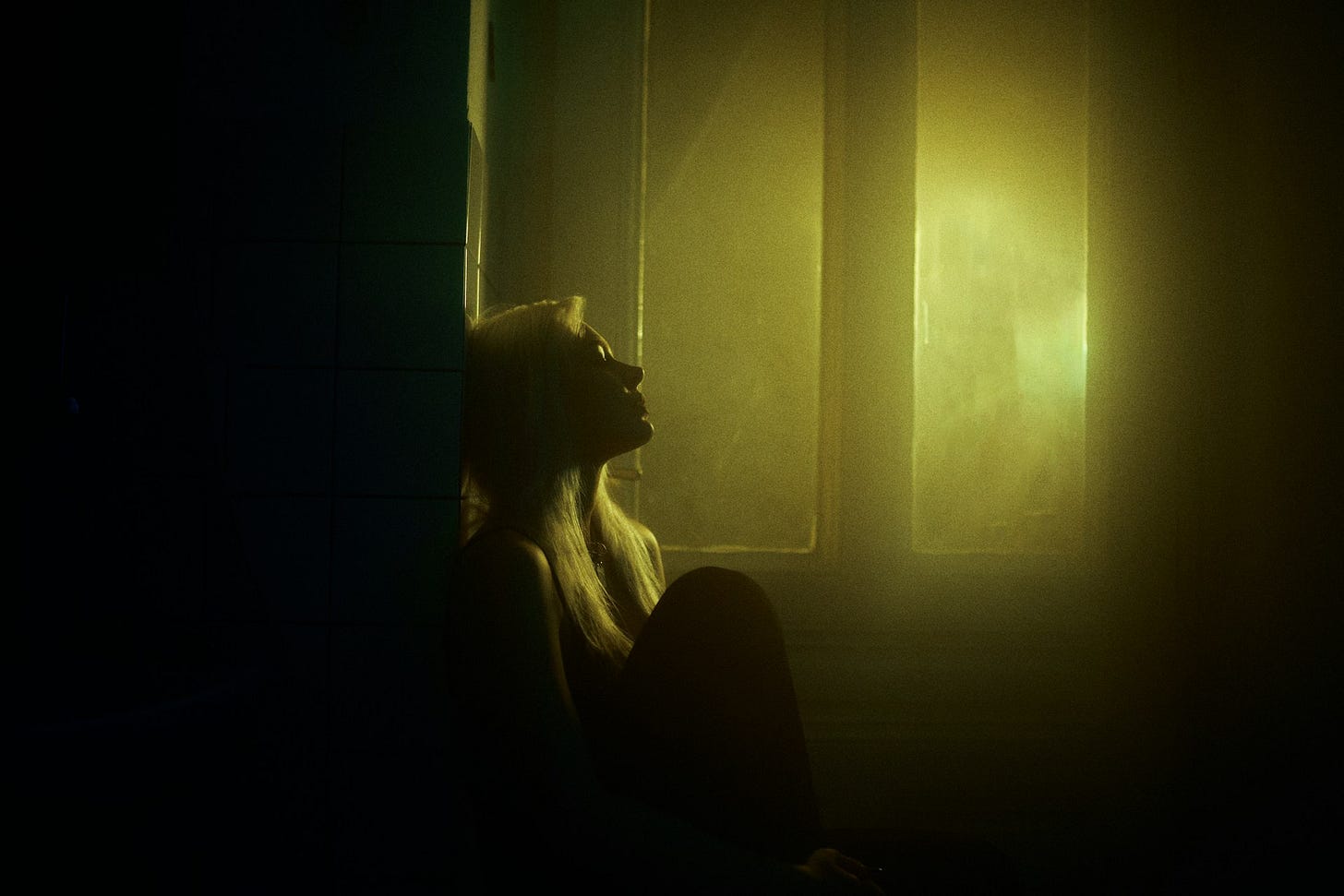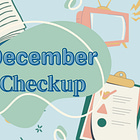An intrusive thought haunts me as I hear the voice inside my head ask, “When was the last time you truly felt like you had a close friend?” Honestly admitting that thought exists, and often at that, is difficult as it feels like I’m actually bringing it to life by putting my fingertips on the words instead of tightly locking them away in my head. I have friends I’ve known for a decade — some friendships entering their second decade at this point — and yet I feel incredibly lonely more often than I care to admit.
I’m guilty of the FOMO that accompanies seeing friends just existing together on social media — the closeness, the bonds. I don’t want to admit how much it can sting to see people I thought I was building some sort of relationship with getting together without a whisper of mention or invitation to me. It feels like I’m constantly vying to be someone people want to get to know and spend time with.
Before the concept of “well, maybe they’re not the right people for you” crosses your mind, it’s something I consider and sit with often. But after living on this earth for three decades, I can say with a surprising amount of confidence that I am excellent at spotting and cutting off toxic relationships — and unfortunately it’s something I’ve had to do several times throughout my life — which is why I know the issue stems directly from me. The worst part is that I know I am often the one getting in my way, lacking the skills to foster and exist within friendships the way I secretly yearn to.
That’s the thing: I can understand these truths and still struggle to do a damn thing about it.
When I was having the assessment to see if I was autistic, one of the recommendations from the practitioner I was working with as we went through my results was a book about how to make friends and start conversations. The guilt and embarrassment I felt getting that recommendation was likely plastered on my face, as it was external proof of something I didn’t want to admit. I felt as if she was piercing holes directly into my soul’s greatest secret.
In general, I prefer to listen more than speak in most situations, but in particular I seem to freeze in social gatherings entirely. Texting, calling, and general 1:1 communications are just hard for me to do — especially to initiate — not to mention the spoons it takes to have the energy to engage in the first place. It’s much easier for me to respond than begin the conversation myself. I struggle to retain information about others and don’t know how to show up for people as they want or need. I often need direct communication as implications can go over my head. That’s the thing: I can understand these truths and still struggle to do a damn thing about it.
Circling back to my assessment about autism, social interaction was the point identified in which my neurodivergence impacts me the most — likely why it wasn’t something considered through most of my life because, on paper, I don’t seem to struggle with most things. Through most of my life I was a straight-A student, turned in things on time, was great in the classroom setting, and never needed or considered accommodations. Due to that, no one noticed the missed social cues, the inability to comprehend body language despite noticing every detail about it, and never knowing how to continue a conversation to save my life.
Socializing is the only time that I feel, well, disabled. And I admit and have shared before that I don’t really identify as disabled despite it being objectively true. The fact that my skills are lacking is something that causes massive amounts of anxiety. I then overthink every single interaction and still come out of it feeling guilty for not fully showing up how I am beyond that freeze state. And then it causes me to want to limit interactions despite it being the exact opposite of what I actually want.
I know this is a skill I can sharpen, but getting over these hurdles feels insurmountable most days. If I can barely manage to make dinner most nights, which is a necessity to live, how can I meaningfully make progress in something that is going to require a hell of a lot more energy than that? I have that annoying little trait that makes me want to quit when I’m not immediately good at something, but this isn’t a hobby — this is an aspect of life where I feel extraordinarily lonely and will continue to feel so if I can’t put in the work I need to. Hopefully the first step is to stop punishing myself over it, and take one step forward toward a more fulfilled version of myself.









Wow, I think you wrote this for me. While I was never lucky enough to have a proper Autism eval (there's no one good who's covered with my insurance and while I wish I could KNOW, it's not enough to justify the out of pocket expense) I relate to so much about knowing the skills but struggling to use the in real life. I often explain Autism (both my own presumed and my sons' diagnosed) as being about lacking the social 6th sense or instinct, that we can do the same things, but using our cognitive abilities rather than being instinctual. It's like the difference between driving a car or riding a bike and needing to think about every movement or being able to do it automatically because one has done it so many times. For many of us with Autism, socialization is like being that new driver in a world of experience drivers who can do it while talking to a passenger because it's so instinctual. Plus I always feel a pressure to make it seem like it's natural to me, which makes it even more draining. If I was less scared of letting my effort show maybe it wouldn't take as much effort out.